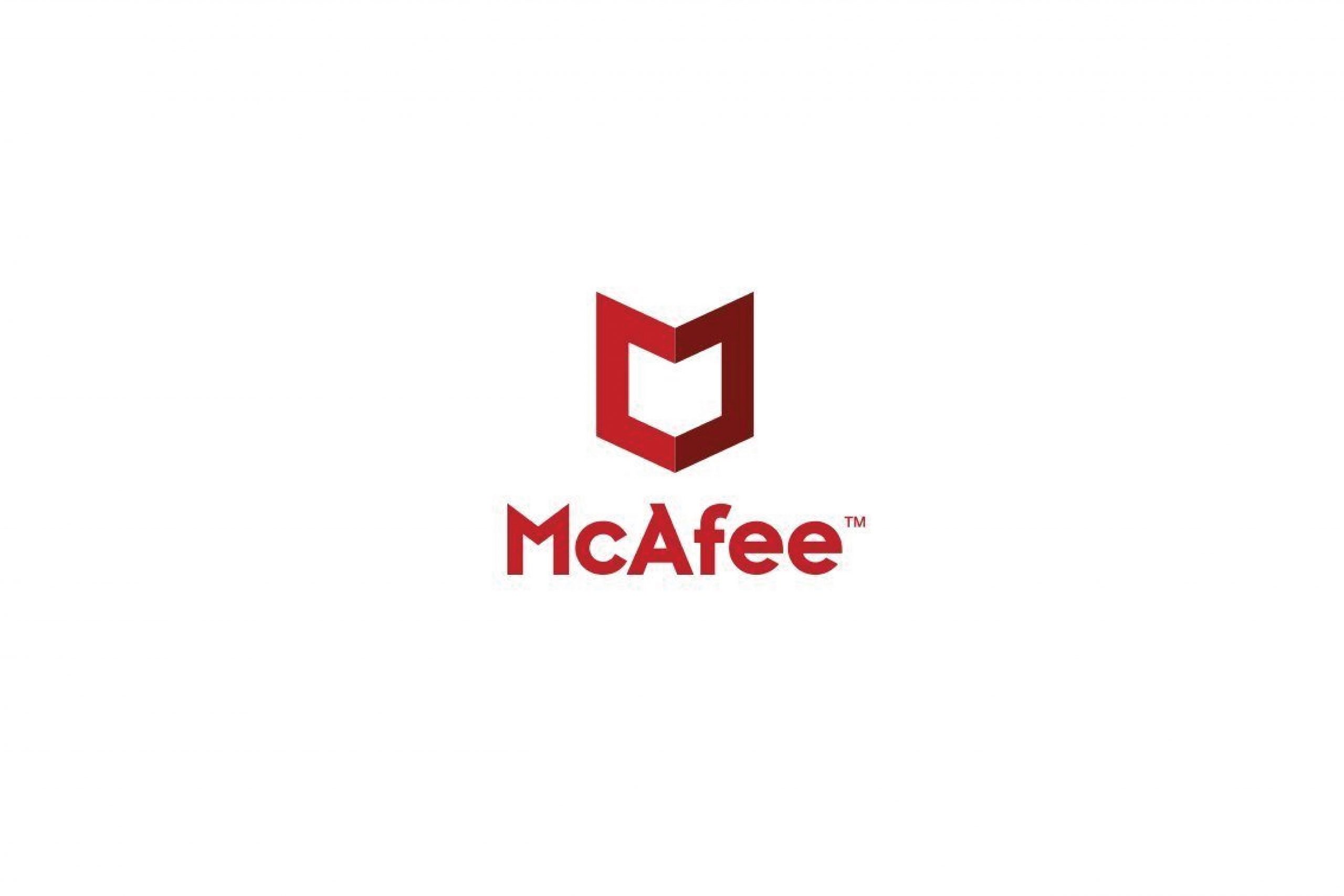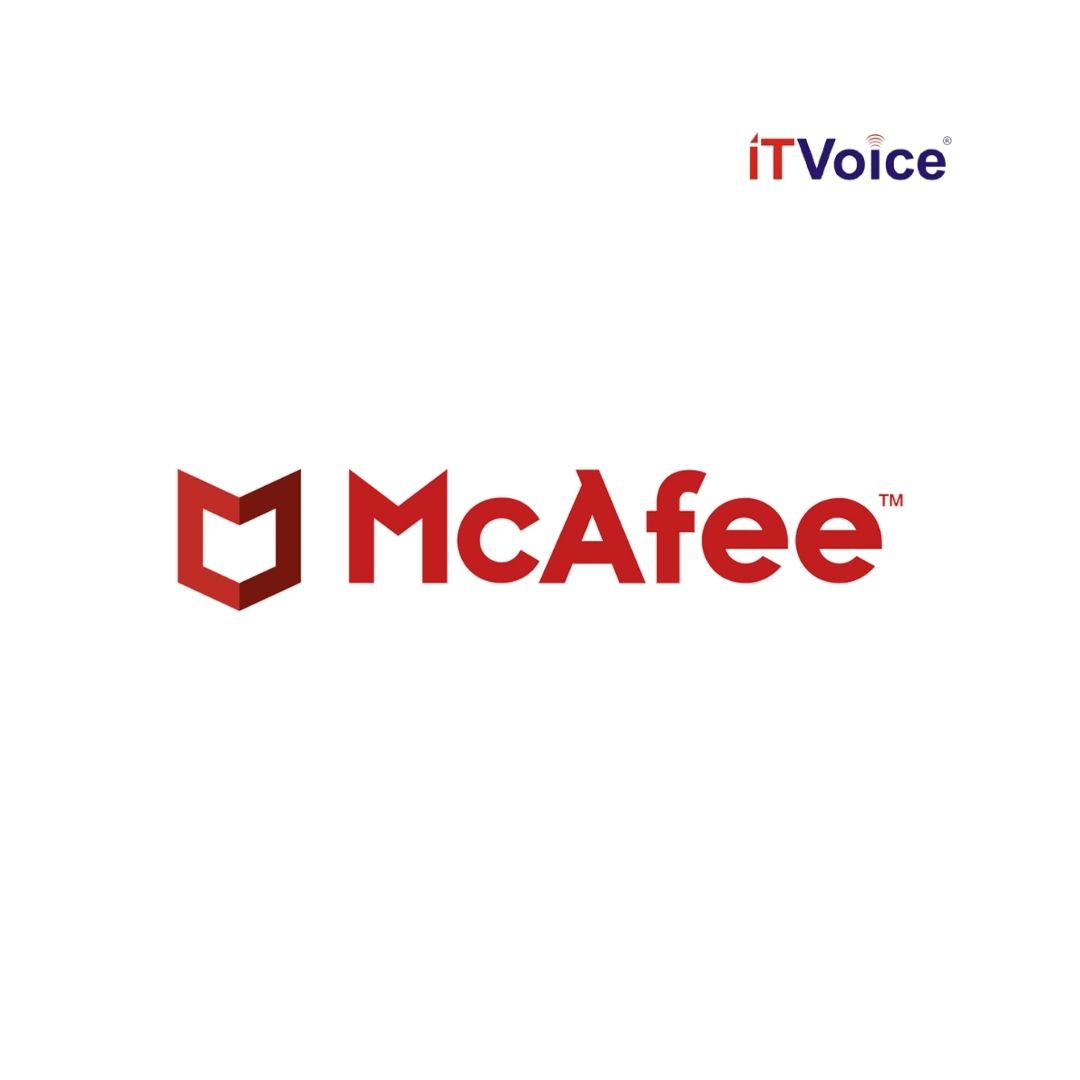 McAfee, the device to cloud cybersecurity company.The holidays are arguably the most magical time of year. Many consumers are thinking about booking their summer vacations. Whether it be a staycation or a trip abroad, there are lots of websites offering deals on flights, accommodation and experiences, how do consumers know who to trust?
McAfee, the device to cloud cybersecurity company.The holidays are arguably the most magical time of year. Many consumers are thinking about booking their summer vacations. Whether it be a staycation or a trip abroad, there are lots of websites offering deals on flights, accommodation and experiences, how do consumers know who to trust?
McAfee and Home Away revealed the leading risks of booking holidays via dodgy websites online, in order to educate consumers about how to avoid scams and which booking platforms are safe.
Key Research Findings (Global):
- 54% worry about their identity being stolen while booking and purchasing travel and accommodation online.
- Over a quarter (27%) do not check the authenticity of a website before booking a holiday online – more than half (51%) say this is because it doesn’t even cross their minds to do so.
- More than a quarter (30%) of holiday fraud victims have been scammed after spotting a great offer which turned out to be too good to be true.
- Nearly half (46.3%) of holiday scam victims said they only realised they’d been ripped off when they turned up to their holiday rental to find the booking wasn’t actually valid
- 44.5% of people are putting themselves at risk whilst on holiday by either not checking the security of their internet connection or willingly connecting to an unsecure network
- On holiday, 61% never use a VPN and 22% don’t even know what a VPN is When on holiday, nearly 40% of parents say turning to tech to keep kids occupied whilst on holiday enabled them to make time to relax







